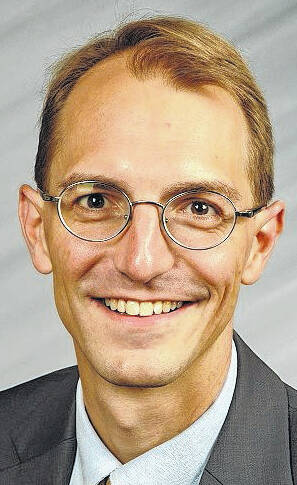
“We have the wolf by the ears, and we can neither hold him, nor safely let him go.”
— Thomas Jefferson on slavery
“When the rebel army was at Frederick I determined, as soon as it should be driven out of Maryland, to issue a proclamation of emancipation, such as I thought most likely to be useful. I said nothing to any one, but I made a promise to myself and my Maker. The rebel army is now driven out, and I am going to fulfill that promise.”
— Abraham Lincoln on the Emancipation Proclamation
In late August of 1862, Abraham Lincoln read a draft of his Emancipation Proclamation to his cabinet. The response from some was so negative that Lincoln decided initially not to issue the order. Several weeks later on Sept. 22, Lincoln called his cabinet together again and told them that the time to issue the order had come. “I wish it was a better time. I wish that we were in a better condition,” he said. “What I have written is that which my reflections have determined me to say.”
Lincoln’s Emancipation Proclamation applied only to slaves living in areas of the Confederacy that were not controlled by Union armies at the time the proclamation was read. It was not until the passage of the 13th Amendment to the United States Constitution in 1865 that slavery was abolished throughout the country. But the earliest formal requests for freedom started long before the Civil War.
In fact, they started before the war for American independence. On Jan. 6, 1773, the General Court of Massachusetts received a petition on behalf of “many slaves, living in the town of Boston, and other towns in the province.” It was signed only by one person and only under the name “Felix.”
The petition stated, in part, “We have no property. We have no wives. No children. We have no city. No country. But we have a Father in Heaven and we are determined, as far as His Grace shall enable us, and as far as our degraded and contemptuous life will admit, to keep all his Commandments. It would be impudent, if not presumptuous in us, to suggest to your Honors any Law or Laws proper to be made, in relation to our unhappy state, which, although our greatest Unhappiness, is not our Fault; and this gives us great encouragement to pray and hope for such relief as is consistent with your Wisdom, justice and Goodness.” But wisdom, justice, and goodness were not the order of the day, and the petition fell on deaf ears.
Four more petitions followed in the next two years and all were ignored. In 1777 a new petition arose — this one from a well-known Bostonian named Prince Hall. Hall had been a slave but had been freed a month after the Boston Massacre in 1770. By 1777, he was a member of the Congregational Church, a craftsman, a voter and a Mason — founder of African Lodge #1 in Boston. He was also a member of the Massachusetts militia and is believed to have fought at Bunker Hill.
Hall’s petition was on behalf of all those “detained in a state of slavery in the bowels of a free and Christian country.” He stated that slaves “have in common with all other men a Natural and Unalienable Right to that freedom which the Great Parent of the universe bestowed equally on all mankind and which they have never forfeited by any compact or agreement.”
Hall’s petition caught the attention of Abigail Adams, who wrote to her husband at the Continental Congress that, “I wish most sincerely there was not a slave in the province — it always appeared a most iniquitous scheme to me.” But the rest of the state was not swayed. One year later, the Massachusetts legislature would repeal the right of freed slaves to vote. The setback was short lived, as in 1783, the Massachusetts Supreme Judicial Court would find that the state Constitution barred slavery and would free all slaves in the state.
Hall used his position as grand master of the Mason’s lodge to fight against slavery and discrimination. He founded the first school for African-American children in Boston, operating it for a time from his home. He died in 1807, at the age of 72. The lodge in Massachusetts was renamed for Hall and today, Prince Hall lodges in the United States have more than 300,000 members.

